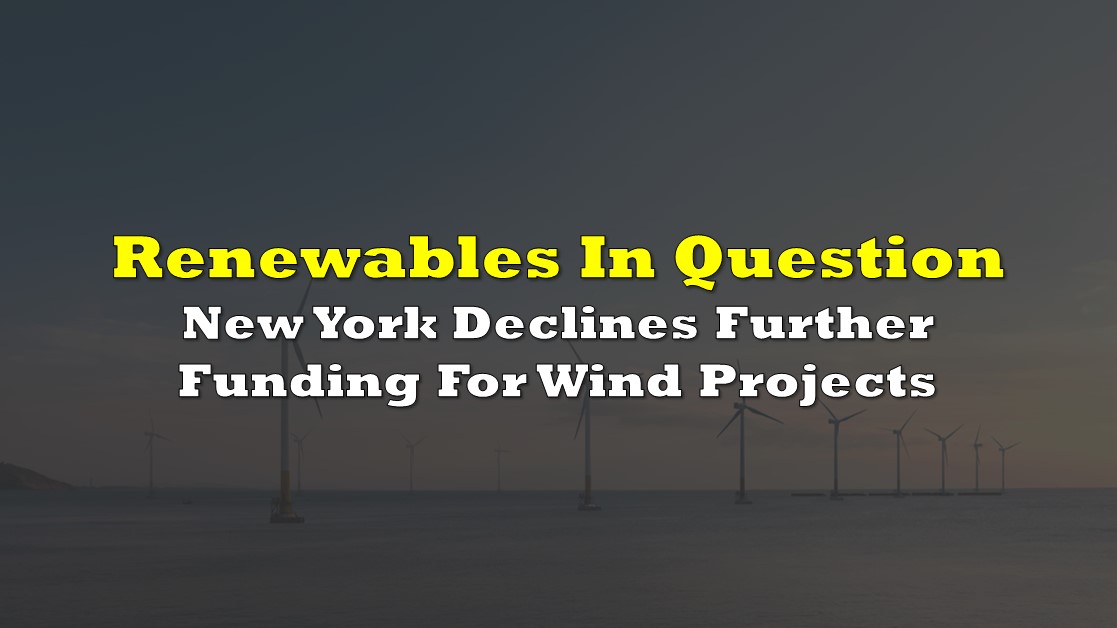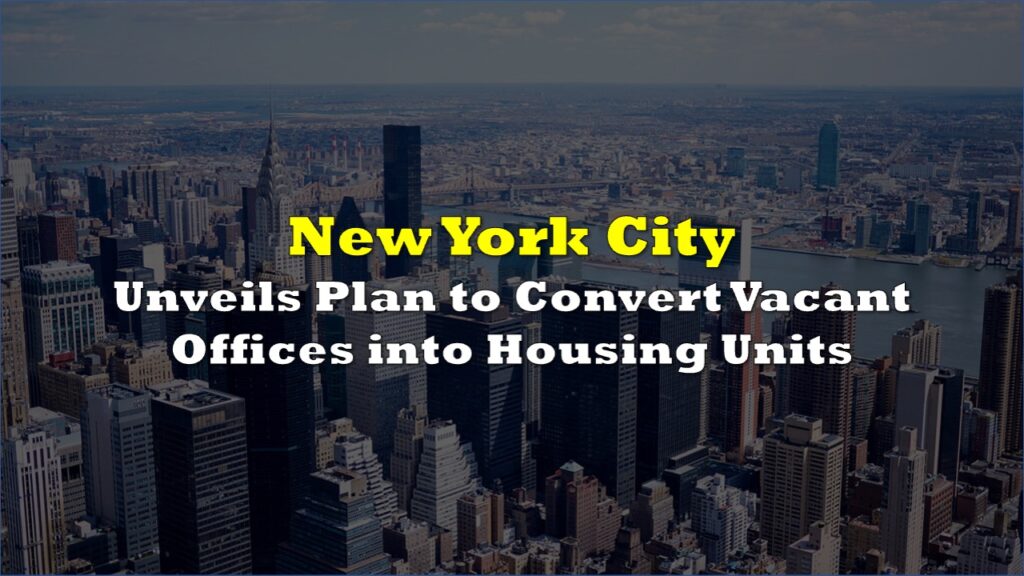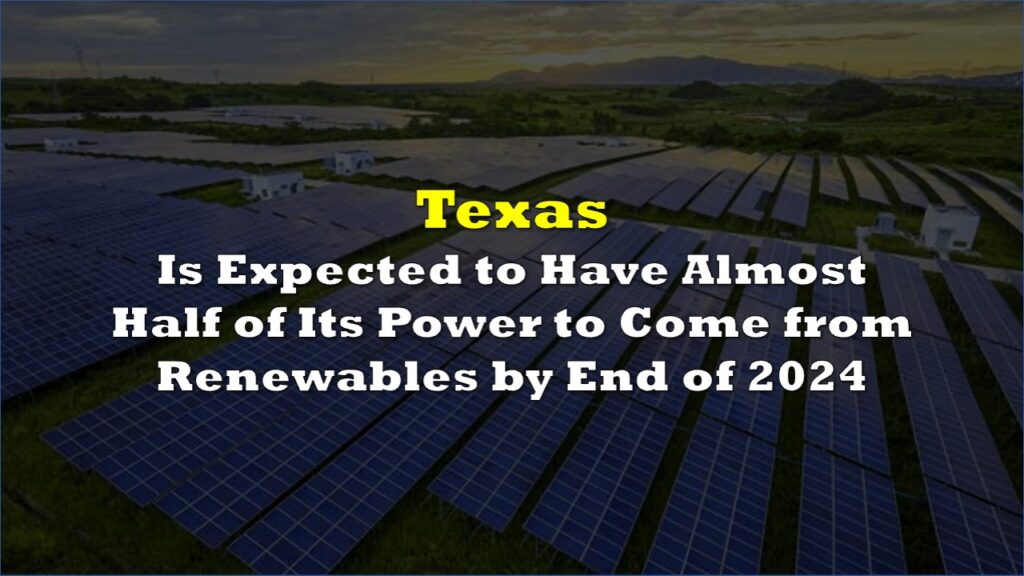New York’s ambitious offshore wind projects are now under scrutiny. The New York Public Service Commission (PSC) has declined petitions from the state’s primary offshore wind developers, joint ventures of Equinor-BP and Orsted-Eversource, which sought considerable contract rate increases—some as high as 55%. The rejection puts nearly all of New York’s 4.3GW of contracted offshore wind capacity in doubt.
This decision prompted immediate calls for a reevaluation, with industry insiders and analysts questioning the state’s renewable energy plans. Commission chair Rory Christian commented, “The requested amendments to the contracts would have deviated from our competitive procurement process. This approach is crucial to protect ratepayers and ensures cost-effective achievement of our state goals.”
Governor Kathy Hochul echoed these sentiments, emphasizing the decision’s importance in ensuring affordability amidst global economic pressures. Simultaneously, she emphasized the significance of a competitive process guaranteeing New Yorkers the best deal. Following this, New York released a ten-point action plan for renewables, outlining measures to promptly replace any terminated contracts.
Reacting to the PSC’s decision, Molly Morris, president of Equinor Renewables Americas, articulated the joint venture’s disappointment, pointing to challenges arising from inflation, supply chain interruptions, and soaring interest rates. She emphasized, “The projects need to be financially sustainable, and we will now re-evaluate the implications of the state’s verdict.”
Equinor-BP had sought an average increase of 54% across its projects, which include the 2.1GW Empire Wind 1 & 2 and 1.2GW Beacon Wind arrays. Their highest request was for the Beacon project, hoping to escalate its rate to $190.82/MWh. In comparison, the Orsted-Eversource venture asked for a more modest 27% hike for its 920MW Sunrise Wind farm.
A deal is a deal. That is what New York is saying to offshore wind developers seeking to sweeten existing power purchase agreements with higher prices. pic.twitter.com/FjOLvPtX2q
— Angelica 🌐⚛️🇹🇼 (@AngelicaOung) October 13, 2023
The PSC defended its decision, arguing that acceding to these requests would lead to a significant increase in power bills, approximately 7% for homeowners and over 10% for businesses, not aligning with the state’s best interests.
David Hardy, CEO Americas at Orsted, suggested that allowing inflation-related mechanisms could address macroeconomic challenges and keep New York’s climate objectives achievable. However, with the PSC’s decision, the future of these projects remains uncertain, barring the 132MW South Fork project by Orsted-Eversource.
Despite these hurdles, New York remains steadfast in its commitment to clean energy, aiming for 9GW of offshore wind capacity by 2030 and net-zero emissions by 2050.
Information for this story was found via Oil Price, Recharge News, and the sources mentioned. The author has no securities or affiliations related to this organization. Not a recommendation to buy or sell. Always do additional research and consult a professional before purchasing a security. The author holds no licenses.









